The sun-drenched beaches and vibrant resorts of Portugal’s Algarve have long been a magnet for tourists, but the region is now grappling with an existential threat—water scarcity. Authorities have imposed stringent restrictions on new hotel developments, signaling a dramatic shift in policy as the popular holiday destination battles dwindling water supplies. The decision underscores the growing tension between economic growth and environmental sustainability in one of Europe’s most tourism-dependent regions.
For decades, the Algarve’s economy has thrived on its reputation as a paradise for sun-seekers, with hotels, golf courses, and luxury villas proliferating along its coastline. Yet, the very industry that sustains the region is now at risk due to a combination of prolonged droughts, overconsumption, and climate change. Reservoirs and groundwater sources are reaching critical lows, forcing local officials to prioritize water access for residents over unchecked tourism expansion.
The new regulations, enacted by the Algarve’s regional water authority, effectively halt approvals for large-scale hotel projects unless developers can prove their operations will not strain the already fragile water infrastructure. Existing hotels are also under pressure to adopt stringent conservation measures, including wastewater recycling and the installation of low-flow fixtures. "We can no longer afford to treat water as an infinite resource," said a spokesperson for the agency. "The Algarve must adapt, or it will face irreversible damage."
Environmental groups have welcomed the move, though some argue it should have come sooner. "The warning signs have been visible for years," noted a representative from a local conservation NGO. "Unregulated construction and excessive groundwater extraction have pushed us to the brink. This is not just an ecological crisis—it’s a threat to the Algarve’s identity." Farmers, too, have voiced concerns, as agriculture competes with tourism for limited water resources. Many small-scale growers fear they will be sidelined in favor of high-revenue hospitality businesses.
The restrictions have sparked backlash from developers and hospitality leaders, who warn of economic repercussions. The Algarve’s tourism sector accounts for nearly half of the region’s GDP, and industry groups argue that stifling growth could lead to job losses and reduced investment. "We understand the need for sustainability, but blanket bans are not the solution," said a hotel association executive. "Innovation and technology, like desalination plants, should be part of the conversation."
Indeed, the debate highlights a broader challenge facing Mediterranean destinations: how to balance prosperity with preservation. Southern Europe’s climate is becoming hotter and drier, and tourism-heavy regions from Spain to Greece are confronting similar dilemmas. The Algarve’s predicament may serve as a cautionary tale—or a testing ground for solutions. Some experts suggest that "water-neutral" tourism, where developments offset their consumption through conservation projects, could be a viable path forward.
For now, the Algarve’s iconic beaches and resorts remain open, but the message from authorities is clear: the era of unchecked growth is over. Visitors may soon notice changes, from fewer lush golf courses to hotels encouraging towel reuse. Whether these measures will be enough to secure the region’s future remains uncertain, but one thing is undeniable—the Algarve’s golden sands are now shadowed by an urgent need to rethink its relationship with water.
The Human Cost of Water Rationing
Beyond the economic and environmental debates, the water crisis is reshaping daily life for Algarve residents. In some municipalities, households face periodic rationing, with taps running dry for hours each day. Restaurants and small businesses, already recovering from pandemic losses, now grapple with soaring water bills. "We’re caught between saving our livelihoods and saving our resources," lamented a café owner in Faro. "Tourists expect pools and green gardens, but where will the water come from?"
Local governments are scrambling to diversify water sources, investing in desalination and exploring agreements to import water from other regions. Yet these stopgap measures come with hefty price tags and environmental trade-offs. Meanwhile, grassroots initiatives—like community rainwater harvesting—are gaining traction, offering a glimpse of bottom-up resilience. "People are realizing that waiting for top-down solutions isn’t an option," said a volunteer with a regional sustainability collective.
The Algarve’s struggle reflects a global reality: water scarcity is no longer a distant threat but a present-day crisis. As the region navigates this crossroads, its choices will resonate far beyond Portugal’s shores. The world is watching whether a beloved tourist haven can reinvent itself—before its wells run dry.
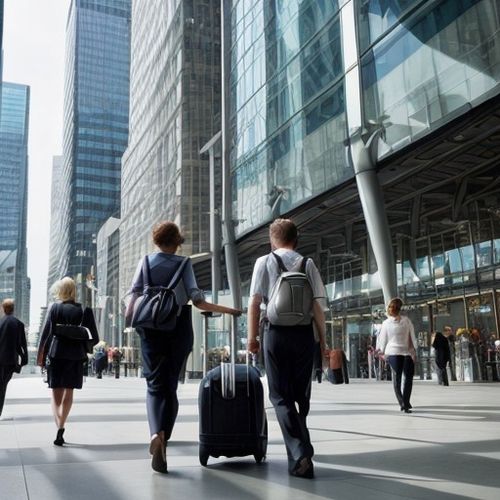
By Jessica Lee/Apr 7, 2025
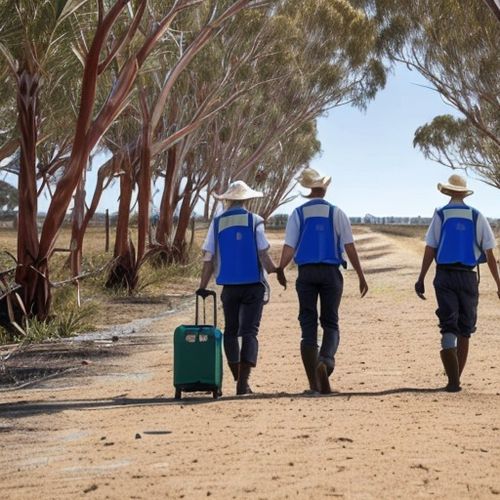
By Emily Johnson/Apr 7, 2025
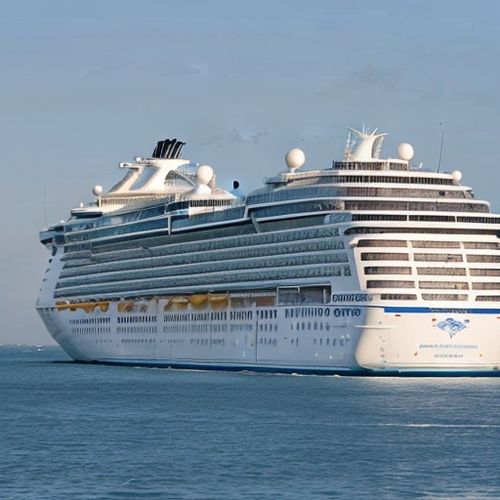
By Jessica Lee/Apr 7, 2025

By Joshua Howard/Apr 7, 2025

By Amanda Phillips/Apr 7, 2025

By Sophia Lewis/Apr 7, 2025
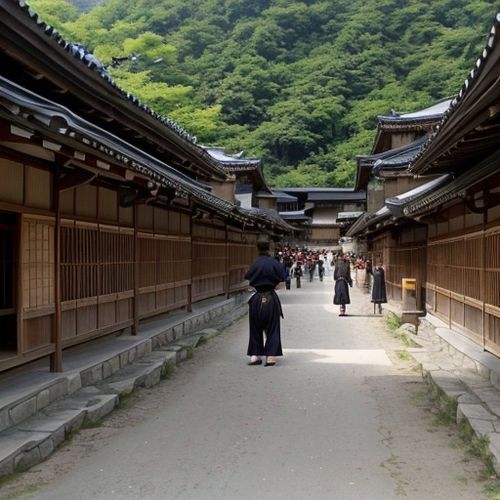
By Samuel Cooper/Apr 7, 2025

By Michael Brown/Apr 7, 2025
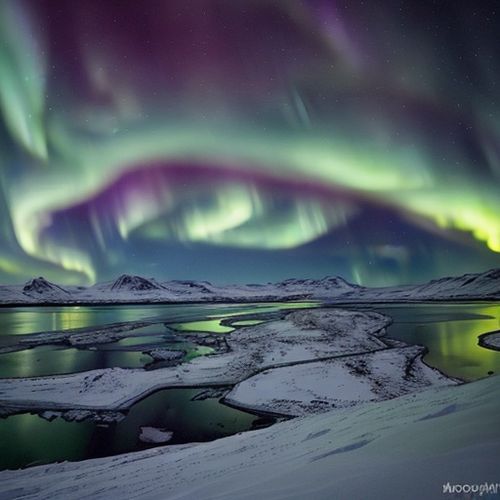
By Elizabeth Taylor/Apr 7, 2025
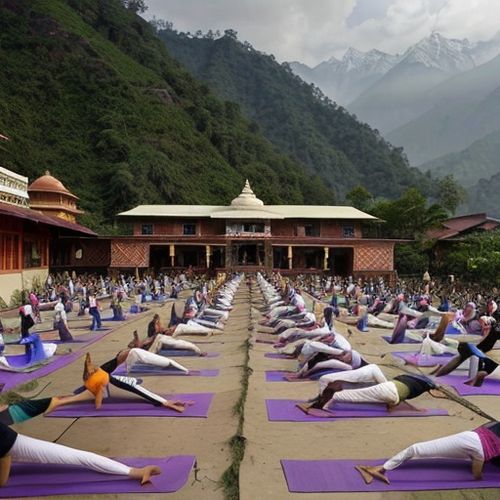
By Sarah Davis/Apr 7, 2025
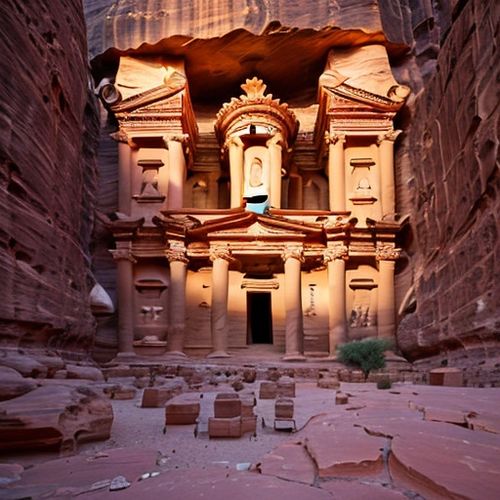
By Daniel Scott/Apr 7, 2025

By Grace Cox/Apr 7, 2025
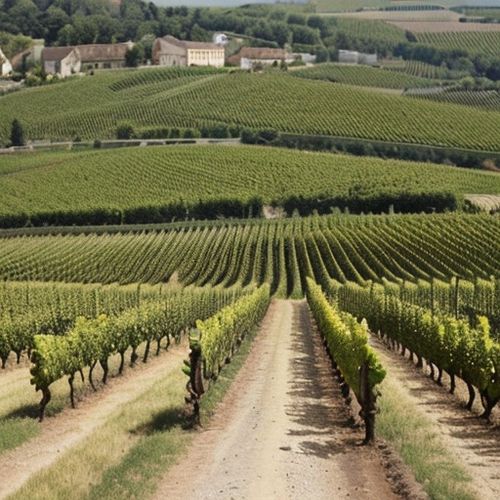
By Grace Cox/Apr 7, 2025

By Ryan Martin/Apr 7, 2025

By Christopher Harris/Apr 7, 2025
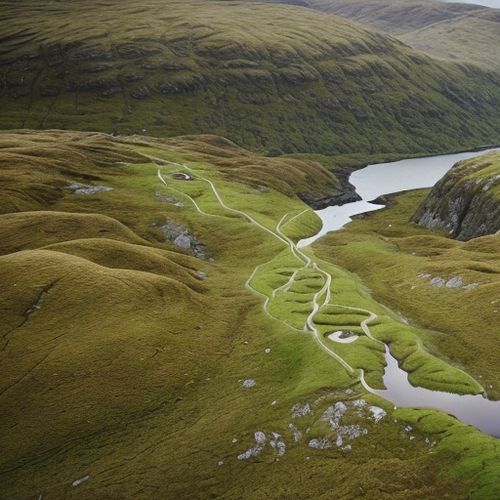
By Lily Simpson/Apr 7, 2025
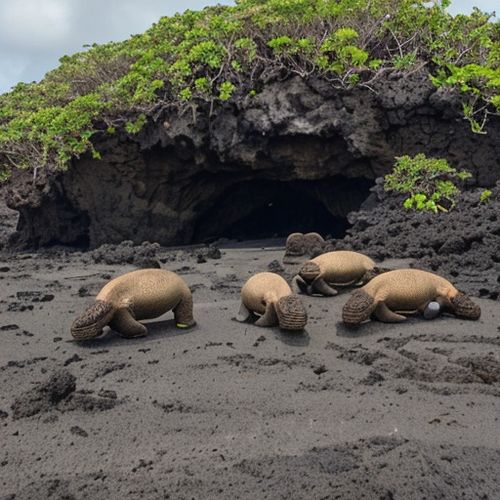
By Elizabeth Taylor/Apr 7, 2025

By Christopher Harris/Apr 7, 2025

By Noah Bell/Apr 7, 2025
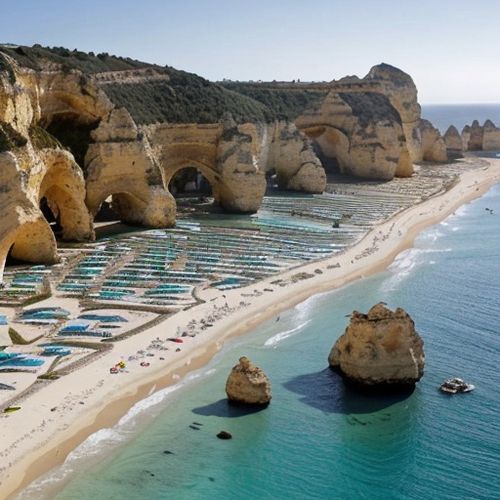
By Thomas Roberts/Apr 7, 2025